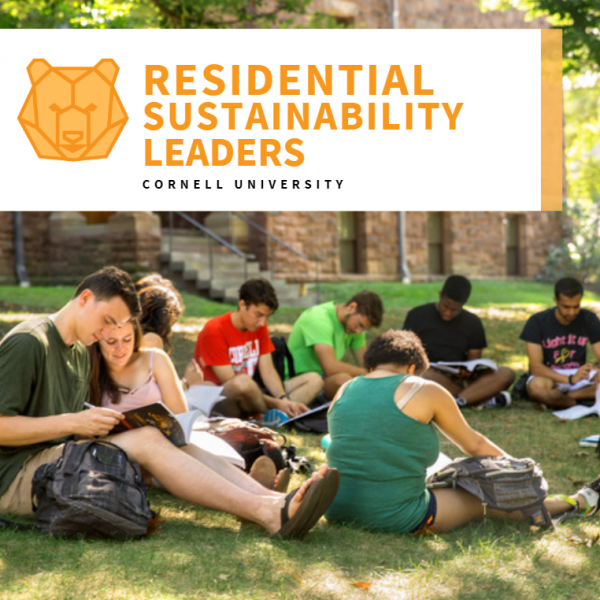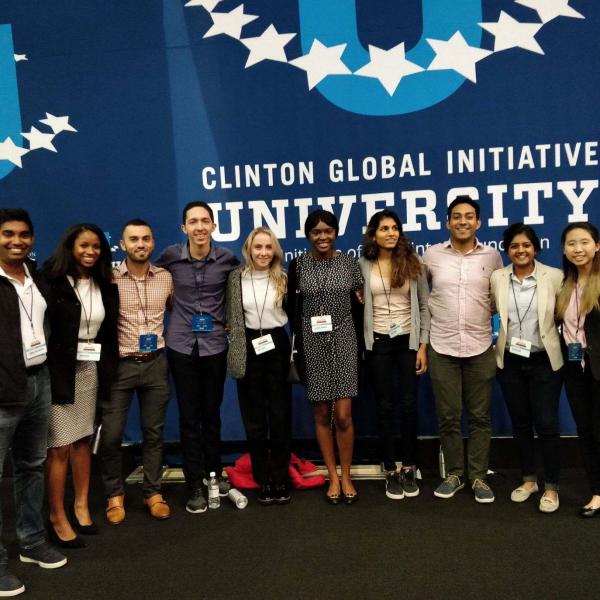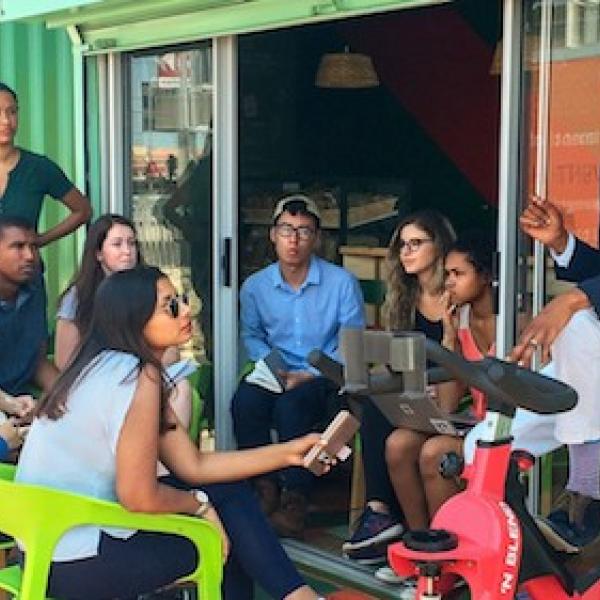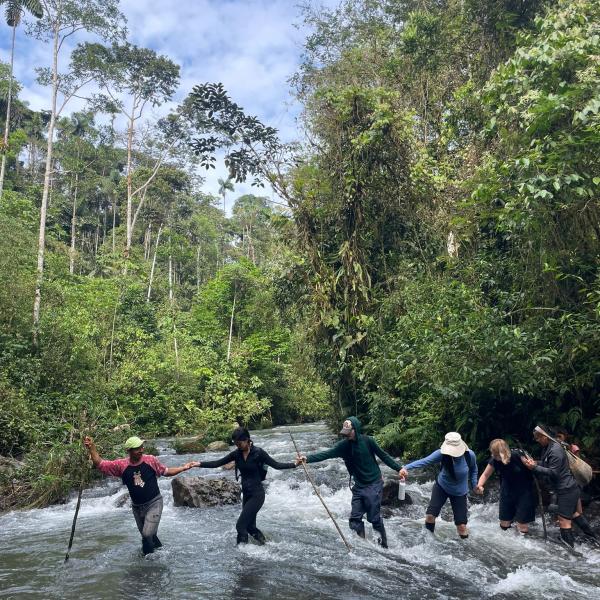Overview
The CALS Global Fellows program offers virtual opportunities with some of our partners. Please reference the placement listings for the number of available placements and the modality of participation. Please note, the CALS Global Fellows program may not fill all available spots for each opportunity. The CALS Global Fellows program has a limited number of total placements we can fill for each summer term.
The CALS Global Fellows Program supports CALS undergraduate students from any major in pursuit of challenging, professionally-focused summer internships and research placements that enhance and complement their career goals and academic progress, while enriching their undergraduate experience with diverse cultural and international immersion. Through key partnerships, the Global Fellows Program provides a platform for students to make positive and definable contributions to global organizations and communities.
Acceptance to the program is competitive and a limited number of students are selected each year.
Funding:
Funding for the CALS Global Fellows Program is limited and cannot be guaranteed. Applicants should expect to cover the full cost of their program, however, are encouraged to apply for available Global Fellows grant funding. Grants awards will range from partially funded to full funding of your program. There are many factors that will determine how much is awarded. A separate application for grants funding will be required.
For details on the estimated cost of this program and more information on possible funding opportunities, visit the cost tab.
Students who are rewarded a CALS Global Fellows Grant will be required to complete 3 parts to the program: a pre-engagement portfolio (completed in Canvas), a continuous 7–8-week internship or research placement in an international setting, and a 1-credit post-engagement course in the first 7-weeks of the Fall 2023 semester (ALS/GDEV 3105).
Suggested majors and/or professional interests: Open to all majors, though of particular interest to Environment & Sustainability, IARD, Development Sociology, Animal Science (with a wildlife focus), Plant Science, Biological Sciences, Entomology, pre-vet, pre-med students, ecology-focused, ornithology, disease, and several other areas.
Information Session:
There are no information sessions planned at this time.
Placement Opportunities
Placements: 2-3 (in-person)
The Organization for Tropical Studies (OTS) is a nonprofit consortium of over 50 universities and research institutions in the United States, Costa Rica, Mexico, South Africa, and Australia. OTS offers semester and summer programs in field biology and global health for undergraduates. All OTS courses are structured on field-based, experiential learning under the close guidance of highly qualified academic professors, and students visit a diversity of tropical habitats and communities. In any OTS program, students will meet active researchers and local stakeholders and will develop the skills needed for advanced studies and careers in tropical biology, resource management, or global health.
Note: If invited to interview, candidates will receive more detailed information on the placement they've selected.
- The Skukuza Science Leadership Initiative Women in Science training programme: The SSLI Biodiversity Training Programme is an internship programme that is run in May/June and December each year, offering research experience to early career scientists and conservation practitioners as well as undergraduate students. This year the opportunity to join will be extended to several southern African students to ensure that South African and international students alike develop critical field skills and share their knowledge and research experience with each other. The selected students work on several mentored projects in Kruger National Park (KNP), which focus particularly on research into the influence of elephants and fire on vegetation structure, and how this might affect resident faunal communities. Over the last six years’ students have conducted their research in the south of KNP as well as in Swaziland. The same vegetation occurs in these two locations, but in contrast to KNP where elephant numbers are increasing and large tree density is decreasing, Swaziland’s parks lack elephants and have very different management policies (fewer fires) which has resulted in tree densification. By comparing the systems in KNP and Swaziland, SSLI students get broader perspective on their research. The vegetation structure of Kruger National Park (KNP) is constantly undergoing change, but the current concern is that it is becoming too homogenous. Your research will make a significant contribution towards understanding the consequences of changes in vegetation structure in how this affects both the diversity of resident faunal communities, as well as ecosystem functioning.
- Disease ecology of small and large vertebrates across land use gradients: OTS South Africa, in partnership with South African National Parks, has established an annual field based veterinary practicum, focusing on disease ecology and applied veterinary epidemiology in and around the Greater Kruger National Park. The program, which will be run in partnership with local veterinary scientists, is designed to provide participants with direct insights into current challenges faced by wildlife conservation in South Africa and veterinary health care in resource-poor rural agricultural areas. Interactions with field veterinarians and extensive experience in practical and theoretical disease research work will be a key focus. Land use changes and global climate change could have significant effects on disease epidemiology across a broad range of taxa. Associated with land use change, is a predicted increase in the burden of disease in both domestic animals and indigenous wildlife. This veterinary programme is designed to provide students with training in techniques for monitoring disease in different vertebrate taxa in different land use systems,. It will also provide field research experience relevant to conservation, and make a contribution to long term epidemiological monitoring. The programmes will be run on an annual basis, to monitor important epidemiological parameters over time and assess the potential effects of both land use change and climate change, whilst providing feedback to decision-makers. While promoting applied clinical and field skills, the focus of this practicum is on the broader ecological, social and economic context of animal disease ecology, conservation medicine and one-health at the wildlife/ livestock interface in an industrialising country. Within the context of climate change, the long term datasets provided by this practicum will also provide important yardsticks against which we monitor change in disease load over time.
Preferred Qualifications (all placements): Beyond interest and/or experience in the fields of focus, students should be passionate and enthusiastic about the mission; prepared to live, work and communicate in rural and sometimes challenging park settings; patience and acceptance around logistical constraints in-country; committed to a non-extractive experience; interested in contributing to long-term research impacts and human capacity development; joint and collaborative research engagement and cross-cultural team-building.
We encourage you to apply to your first choice program only. There is a space within the application to indicate if you have a second choice. If you are interested in two opportunities that are very different from one another and would prefer to write two statements of purpose, you may upload both to the same application in ONE document. Make sure they are clearly titled with the correct placement opportunity IF you are writing two statements. For reference, click here to review examples of statements from past participants.
You may preview the application without starting an application by clicking on the “preview application” button next to the apply button. All applications contain the same questions and all information related to the program can be found within the experience page. There is no additional information within the application.






